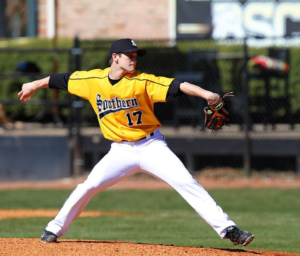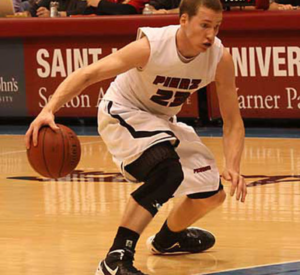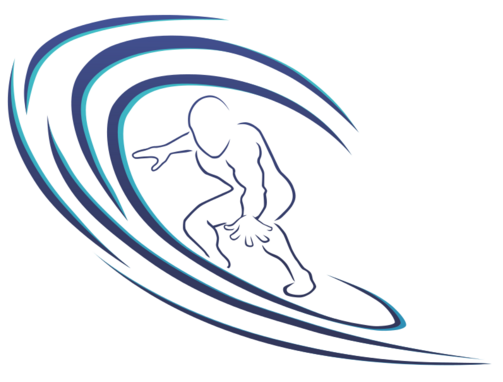The psychology of enhancing sports ability is very simple.
What thoughts are getting in the way of your success and what thoughts and mental techniques will achieve your desired optimal performance? It is extremely important to have a picture in your mind of what you want to accomplish. The athlete must see and believe in his or her ability to achieve a goal. Prior to Roger Bannister breaking the 4-minute mile in 1954, no one believed it could be done. Shortly after this accomplishment, several other runners broke the 4-minute mile demonstrating that once the mind can accept something, it becomes more easily achievable.

Recently, I was playing golf and coaching a woman named Sally whose ball landed in a sand trap. She became very anxious saying, “I’ll never get out of that sand trap.” She put negative pictures in her mind and expected bad results. Instead, Sally could have repeated to herself, “I am relaxed, I am confident; it’s easy, fun and a challenge to hit out of a sand trap.” She could visualize the perfect golf shot before she hit the ball.
Jack Nicklaus said,
“I never hit a shot, even in practice without having a very sharp, in-focus picture of it in my head.”
Visualizing a shot is similar to programming a computer. You are putting a picture of a desired outcome into the mind/brain, which is a type of computer. Without negative interference, (I can’t hit out of this sand trap), the body will follow the program like all good computers do.
Dr. Edmond Jacobson, a noted physiologist, demonstrated that visualization actually creates an electrical impulse and muscle memory in the muscles associated with what is visualized.
Michael Jordan stated that before a game he mentally prepared himself 50 percent of the time and practiced 50 percent of the time. How many kids or amateur athletes are that committed to their own personal excellence? If they learn and practice the secrets of mental training they will achieve extraordinary results. Unfortunately, many athletes do not have access to a sports enhancement coach or even know what to do. Most coaches don’t know about, or place importance on sports psychology.

A few weeks ago I went to a high school basketball game of an athlete I am working with, Steve. I observed the coach yelling at the players from the bench. Later I asked Steve how he felt when the coach yelled. He said, “I felt bad, became tense and hesitant about my game.” I wish this coach was aware of the extent of his negative impact on the players. The coach should help relax and build confidence in his players. I asked Steve how he felt when he scored a basket. He said, “Great.” Then I asked him how he felt when he missed a basket. He said, “Terrible, like I let the team down.” I told him that he needed to learn to feel great whether he scores or misses. He cannot allow anything to change his positive attitude.
Bruce Jenner, the 1976 Olympic Decathlon record holder, said,
“At the Olympic level, the physical capabilities of the athletes are all very close. There are very few physical errors. Athletic competition at the Olympic level is 80% mental challenge and 20% physical challenge.”
Golfers also say that golf is 90% mental. There is an optimal mental state that enhances sports abilities. This mental awareness is often referred to as the zone. “I’m in the zone and can’t miss.” In this zone, the athlete has a mindset where he or she expects success, is confident, relaxed, focused and feels joy and ecstasy. The everyday world recedes and the athlete begins to be totally in the moment as though on automatic pilot. The athlete is completely focused, and concentration is so intense that actions are anticipated before they happen. In the zone there is a sense of possessing an extraordinary power and the athlete is completely immersed and in tune with the activity.
The principal reasons for poor performance occur when the athlete tries too hard, worries about past mistakes, becomes overly concerned, loses confidence or becomes too excited. Professional golfer, Curtis Strange stated, “When I stopped worrying about winning and losing, I started to win.”
The best performance occurs when the athlete is relaxed, natural and spontaneous.
For most athletes, relaxation and meditation techniques will help them enter and stay in the zone. The more they practice, the easier it becomes to recall. We are just beginning to explore the limitless potential and results of using the mind to enhance sports ability.
“You have to take charge of your mental game. It’s what sets you apart from other players.”
– Hank Aaron
